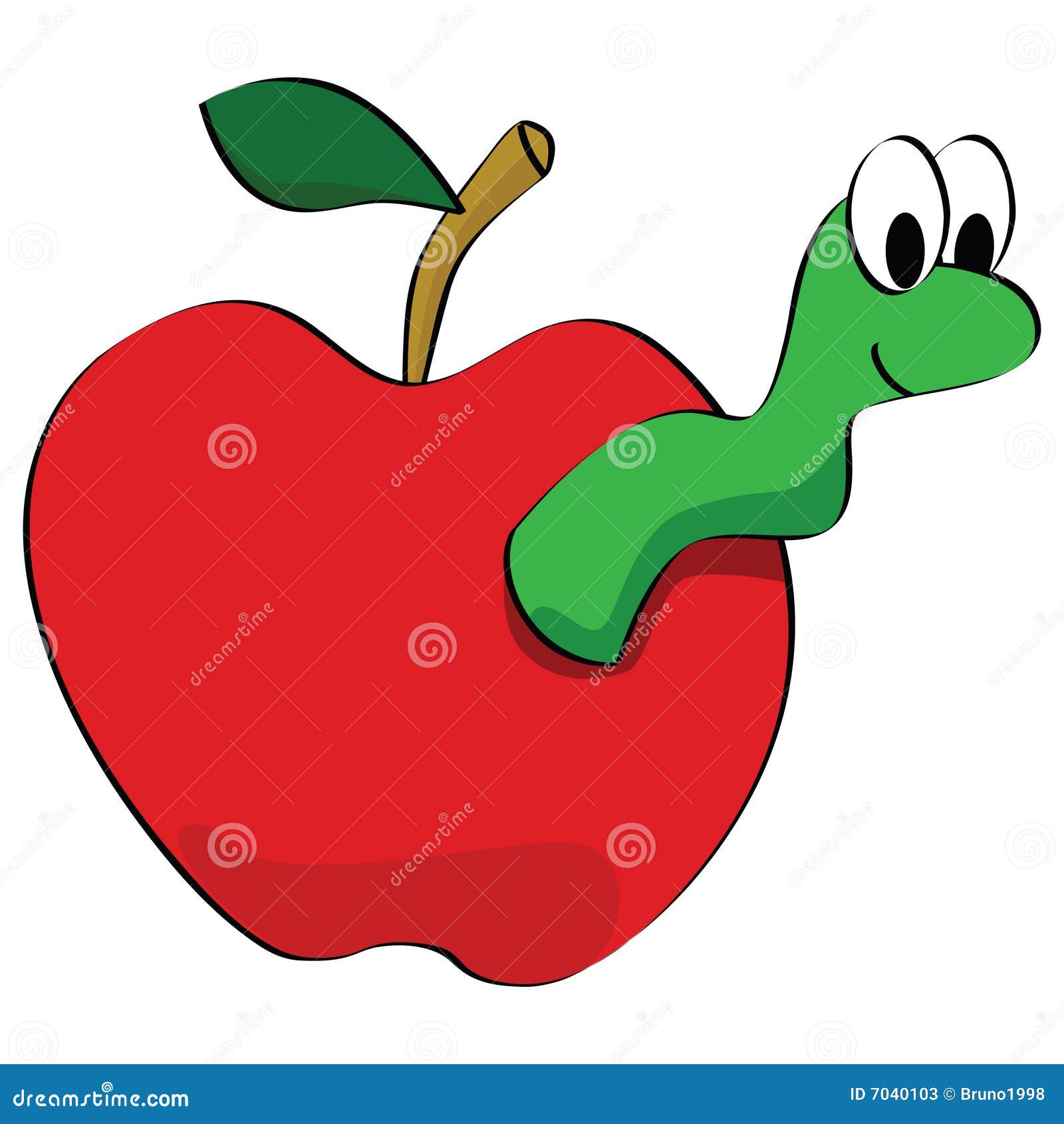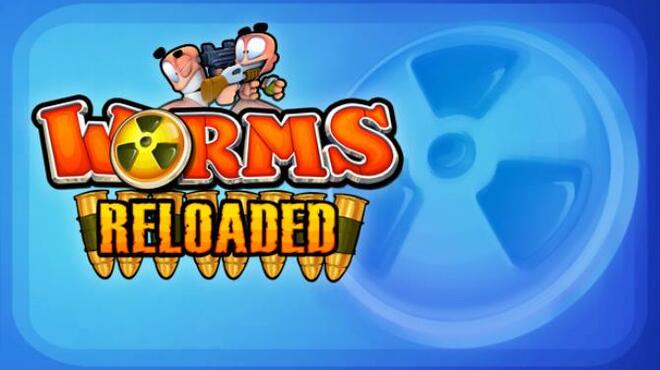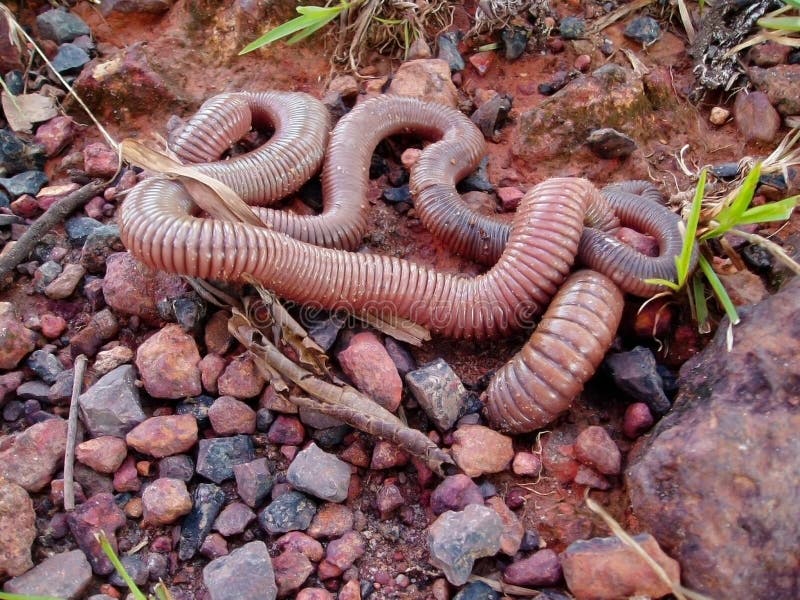

Remember that food is broken down by microorganisms which are then eaten by worms the more finely chopped food waste is the greater the surface area for microbes and the faster they will colonize.

Do not attempt to feed more than a week’s worth of food at once, as it will rot before the worms can get to it. If worms cannot eat their food quickly enough it will rot and the oxygen level in the bin will drop (see Troubleshooting) and your worms will die.įeeding can be done in daily increments or in larger weekly amounts. It is perfectly fine to underfeed worms, but very bad to overfeed. If you start with about 1 lb of worms in a small kitchen bin, expect to feed no more than 3.5 lbs per week. Healthy, warm, active worms will eat about half their weight per day. Worms absolutely love melons, cantaloupe, and pumpkin. Meat, dairy and oils will cause strong odors, possible pathogens, and can introduce pests. These same foods also tend to mold heavily and while mold is not necessarily dangerous for worms you probably don’t want it in your kitchen. Bread, rice, and beans may ferment in the bin, which can reduce oxygen or cause odors that both you and your worms will dislike. Remember that worms are basically one large mucus membrane, so anything that is painful for your eye is extremely uncomfortable for them.

They will eat fruit and vegetable scraps, but not onions, hot peppers, or citrus. As discussed in the Materials and Setup section, worms require a very specific diet.


 0 kommentar(er)
0 kommentar(er)
